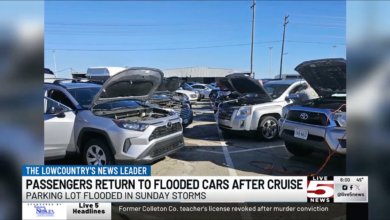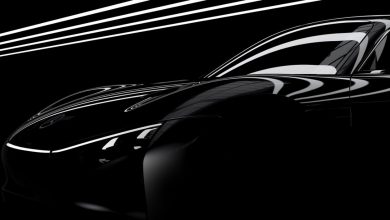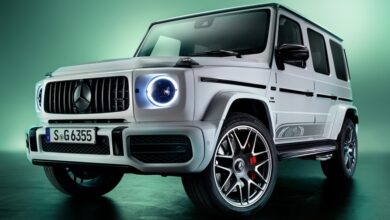These EVs best preserve their cold-weather driving range
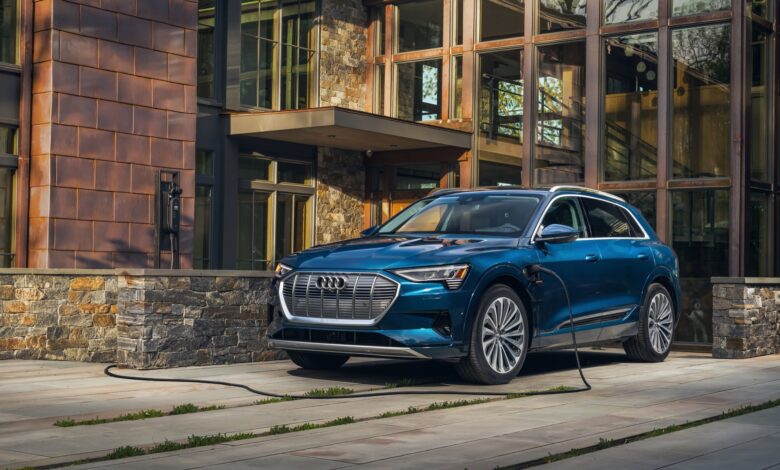
Cold weather affects the range of each EV model differently, but a new report found that some perform better than others.
Recurrent creates battery health reports for used EVs, and has used the same data to study cold-weather range loss. This isn’t the first time the company has published a report on the effects of cold weather on EV range, but this time it has a much larger data set of more than 10,000 cars.
Analysts compared range in 18 EV models in freezing temperatures to range in ideal conditions. The models analyzed retained an average of 70.3% of their range in freezing conditions. But as Recurrent has emphasized before, each model performs differently.
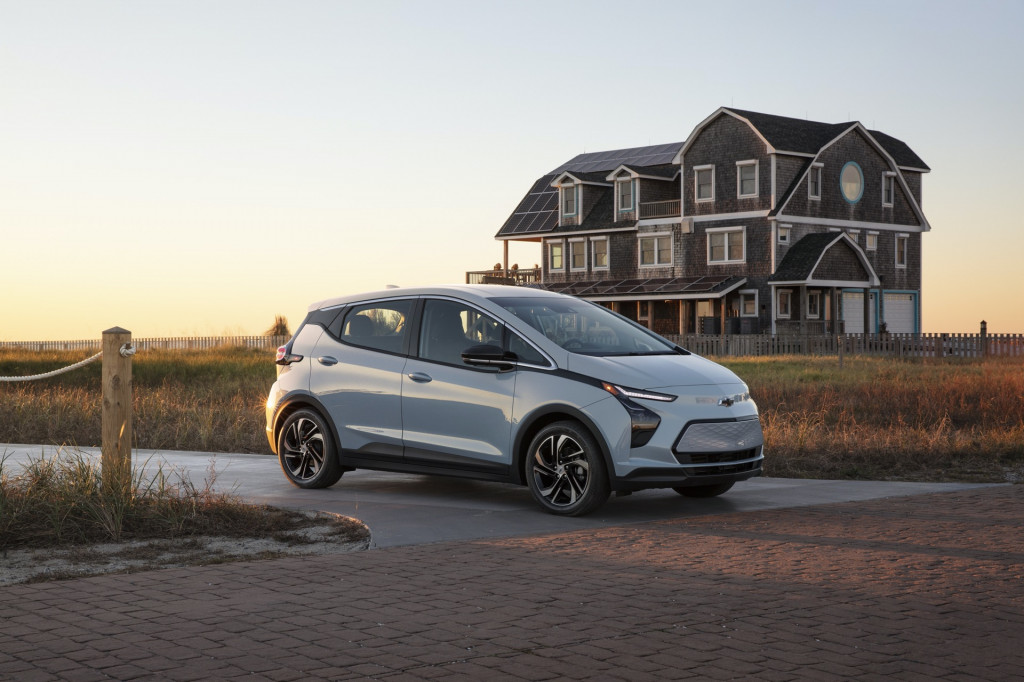
2022 Chevrolet Bolt EV
The Audi E-Tron SUV (which becomes the Audi Q8 E-Tron for 2024) preserved range the best, with an observed loss of 16% in freezing temperatures compared to ideal temperatures. The Nissan Leaf also did well, losing just 18% of its range, while the Tesla 3, X, and Y all figured out to a 24% drop in the cold. The Volkswagen ID.4 and Chevrolet Bolt EV had the worst cold-weather performance, with range losses of 46% and 42%, respectively.
Recurrent highlighted heat pumps as a key factor in maintaining range in freezing temperatures, noting that the E-Tron was one of the few EVs of its period planned from the start to have one. As Green Car Reports has written before, heat pumps don’t help much in the extreme cold, but they do add range on road trips in chilly weather.
Although the Bolt EV doesn’t have one, General Motors is also adding them to its Ultium vehicles and claims it could give them a range advantage. GM has promised an Ultium-based Bolt EV to replace the current version, which is scheduled to cease production at the end of this year, but hasn’t given a firm timeline for its launch.
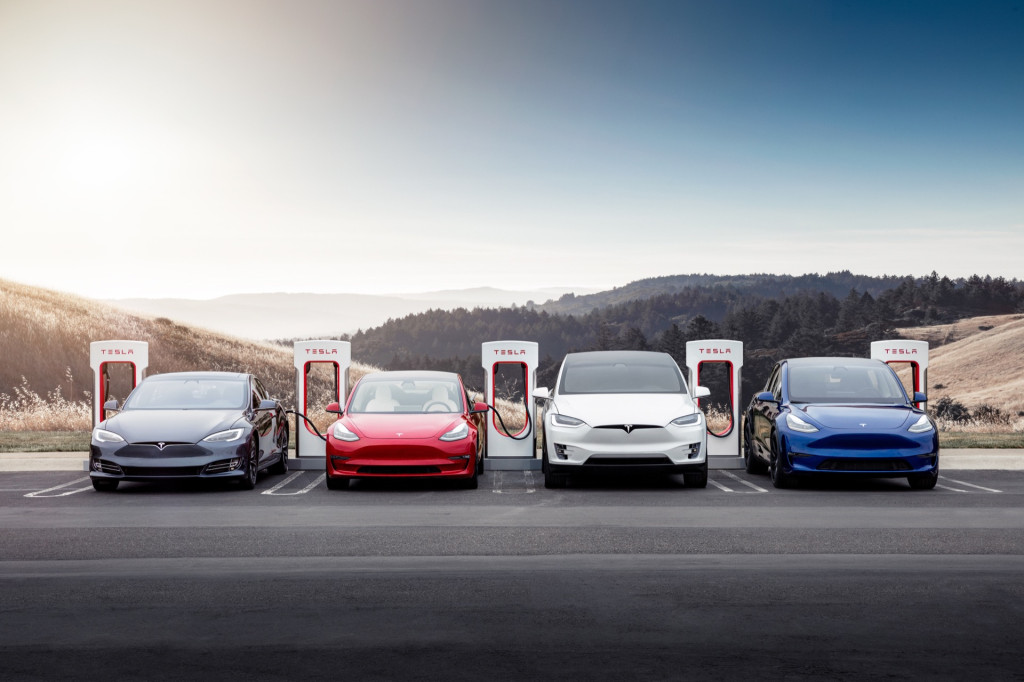
Tesla Supercharger
Ford is adding a heat pump to the 2024 F-150 Lightning, starting with the new Flash model. The addition might have helped some with the much-reduced range Green Car Reports noted last winter during a Minnesota cold snap. The Lightning also showed 34% range loss in Recurrent’s analysis.
Tesla finally added a heat pump to its EVs starting in 2021. It’s worth noting that Tesla results thus include a mix of models with and without the heat pump, resulting in a still quite good reduction of 24-26%.
Recurrent also earlier this month announced that it’s partnering with the Department of Treasury to help dealerships get ready for the EV tax credit as it shifts to a point-of-sale rebate in 2024.
